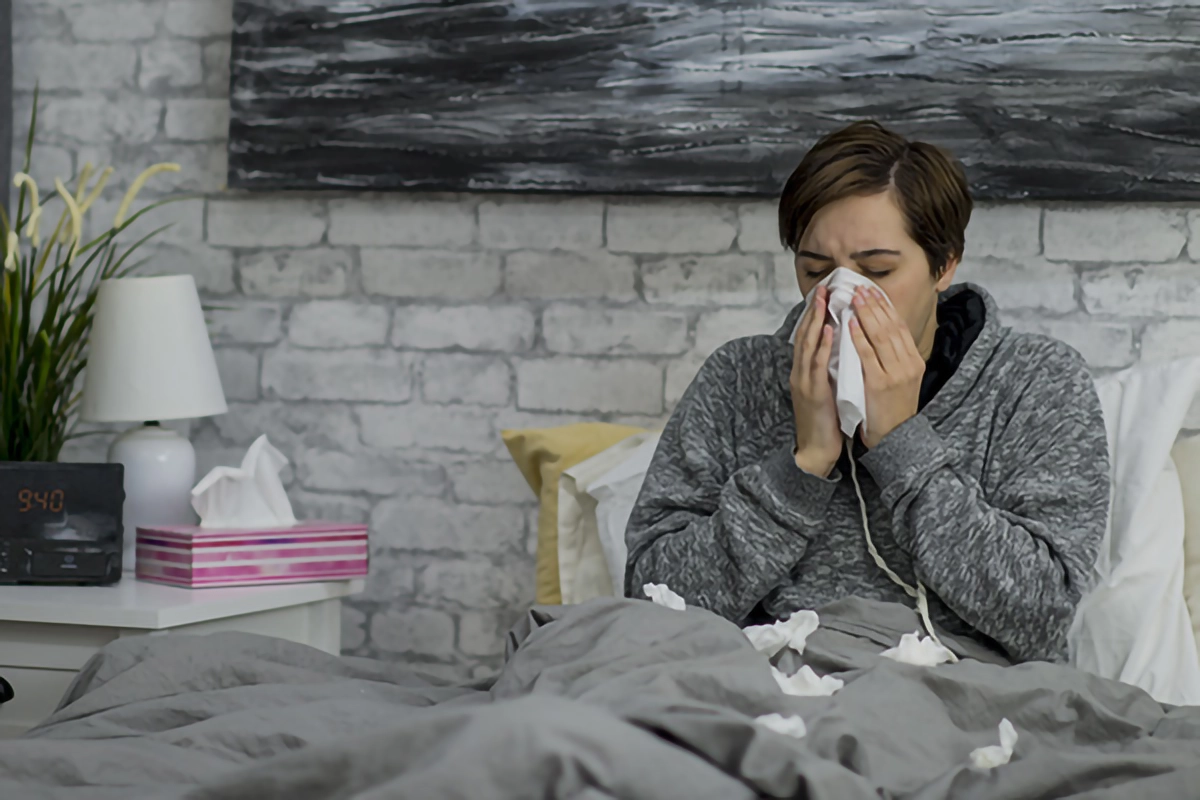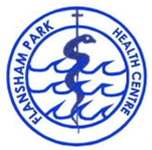We use cookies to help provide you with the best possible online experience.
By using this site, you agree that we may store and access cookies on your device. Cookie policy.
Cookie settings.
Functional Cookies
Functional Cookies are enabled by default at all times so that we can save your preferences for cookie settings and ensure site works and delivers best experience.
3rd Party Cookies
This website uses Google Analytics to collect anonymous information such as the number of visitors to the site, and the most popular pages.
Keeping this cookie enabled helps us to improve our website.
Practice News
Welcome to our first Practice newsletter
Flansham Park Health Centre is delighted to welcome you to the first issue of our Practice News. We have partnered with your Patient Participation Group (PPG) to produce what we hope is an interesting and informative quarterly newsletter.
Each issue we hope to bring you Practice events including dates of any forthcoming or recent changes to the Practice, information on the challenges we face and how you can receive the very best from your healthcare professionals (HCPs). Our Focus on feature each issue will be on a specific treatment or therapy area, focussing on any changes to prescribing or newly available treatments. The advert lower down in this issue is an invitation for you to get involved with the PPG to help this practice be as good as it can be in this difficult climate – we really do want our patients represented so we can do the best we can for you.
We hope you will find this newsletter interesting and useful, and we welcome your feedback and any ideas you may have for future content.
How we can all be good patients
We have worked with the PPG to offer some suggestions on how we can all be good patients, to get the best from the healthcare we can provide and some alternative healthcare options you might try
Effective communication
- Clearly explain your symptoms and concerns.
- Ask questions to fully understand your diagnosis and treatment options.
- Listen attentively to explanations.
Honesty and transparency
- Be truthful about your medical history and lifestyle habits.
- Report any changes in your health promptly.
- Please don’t worry if you find discussing your situation is not easy for you as our HCPs are all trained to listen and ask the right questions to find out how they can help.
Following treatment plans
- Take medications as prescribed, especially sticking to recommended schedules.
- Try to follow any suggestions for what you can do to help yourself.
Respectful behaviour
- Arrive on time for appointments and don’t miss appointments.
- Be considerate of healthcare staff’s time.
- Show appreciation for the care you receive.
Active engagement
- Try to involve yourself in managing your health.
- Learn something about your condition – you will be encouraged to share your thoughts on this.
- Participate in decision-making regarding your treatment.
Understanding limitations:
- Recognise that the healthcare staff may not have all the answers immediately.
- Be patient with the process of diagnosis and treatment.
- Remember you can bring a friend or relative with you to your appointment
Message from the PPG
Who else can help you?
‘Not every patient needs to see a GP. In fact, relatively few do.’ We know to some of you, this statement will be unwelcome, startling and maybe even irritating. For those of us who are of a certain age, and grew up as children having the same family GP every time we needed anything, this is what our experience is telling us is the way things should still be. But, when you consider how far medicine and medical treatments has massively changed and grown over the last 40 or 50 years, it is inevitable that this situation would change within our current NHS.
Our GP Practice has a large group of HCPs: this includes GPs and practice nurses but at Flansham Park, we also have a paramedic, a clinical pharmacist and a physiotherapist, all of whom are able to prescribe treatments. The reception staff are also trained Patient Care Co-ordinators who provide an important link for patients with the practice and are your initial contact point for general enquiries. They are trained to point patients to the most appropriate healthcare specialist available. They can also provide basic information on services and results.
And here comes another surprising statement: ‘Not all patients need a prescription’. Many will, of course, but there is a lot of evidence to suggest that some conditions, such as anxiety and depression, aching joints and back pain, can be managed and often improved by changing or adding something fundamental and sociable to our lives. The Practice has a social prescriber who can offer suggestions and help arrange activities such as walking groups, swimming and coffee mornings.

Focus on..
Antibiotics and the future risk of them not working
Antibiotics: a modern miracle
Antimicrobial medicines are the cornerstone of modern medicine and are one of the most essential medicines we have available. The World Health Organization (WHO) estimates that our average life expectancy has been extended by as much as 20 years by their use!
They are used to treat minor and sometimes potentially life-threatening infections. However they are not right for every situation and we need to understand how and when we should use them but just as importantly when not to use them.
Bacteria are ‘clever and sneaky’!
Bacteria are incredibly small and don’t have a brain, but they are very capable of developing ways of blocking the effects of the very antibiotics trying to kill them. This is a process called bacterial resistance.
Resistant bacteria mean that the infection they cause may continue unaffected, but worse still they can enter the food chain (animals, foods and the environment) and this can lead to a major public health threat. The WHO has listed antibacterial resistance as one of the top 10 global health threats.
Not following the dosing instructions or not completing your course of antibiotics are key contributors to bacteria developing resistance.
In the UK we have a national plan that has a number of actions to try and help reduce the impact of antimicrobial resistance (AMR) and to prevent it getting worse. We can all be affected by the consequences of AMR; AMR is already causing people to suffer longer infections some of which are becoming increasingly difficult to treat.
To do our bit to help combat AMR in General Practice we aim to try and offer antibiotics only when we feel they are genuinely needed and likely to help. Your GP and/or pharmacist is experienced in deciding when to try antibiotics and there are a number of factors they will consider such as age of the patient and other medical conditions they may have.
More than 4 out of 5 chest infections – such as colds and ‘flu – are caused by viruses, not bacteria. Antibiotics do not work against viruses.
We all have a duty to help combat the threat of our antibiotics no longer being of any use so please consider reading the information leaflets available at the surgery. These leaflets will help you understand why your GP will not always give you antibiotics every time you think you need them.
As always though, if your symptoms seem more severe than you would expect, they are not improving as you would expect, or you feel worried do please get in touch with either your local pharmacist, dial 111 or contact the team here at Flansham Park
Source: Adapted from information provided by the World Health Organization
Becoming an Associate Member of the Patient Participation Group

Flansham Park Health Centre would like to hear from its patients about your experiences with the practice and how we can all help to improve the services it provides. If you feel you would like to get involved with the practice’s Patient Participation Group (PPG) but do not have time to attend monthly meetings, we have opened the opportunity for you to be an Associate Member.
Your participation as an Associate PPG Member would be that we would contact you from time to time by email to ask your views on certain topics and to invite you to participate in occasional online meetings. Your experiences as patients will provide invaluable input to our future plans for the practice.
Please complete our online form to tell us a little about yourself and why you would like to contribute as an Associate Member of the PPG. We would particularly like to hear whether you could represent specific communities or patient groups.
We look forward to hearing from you.
Published: Jun 4, 2025
